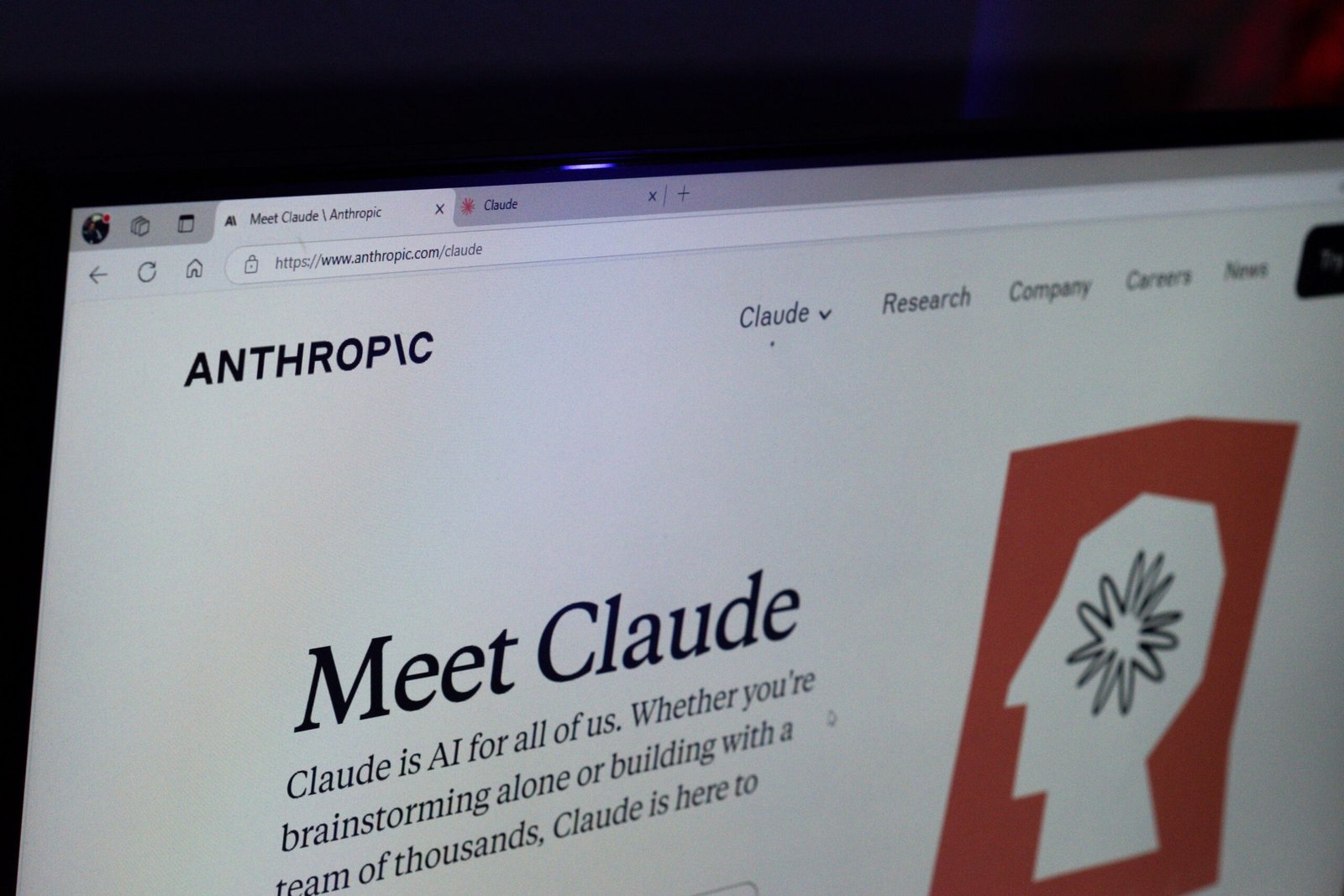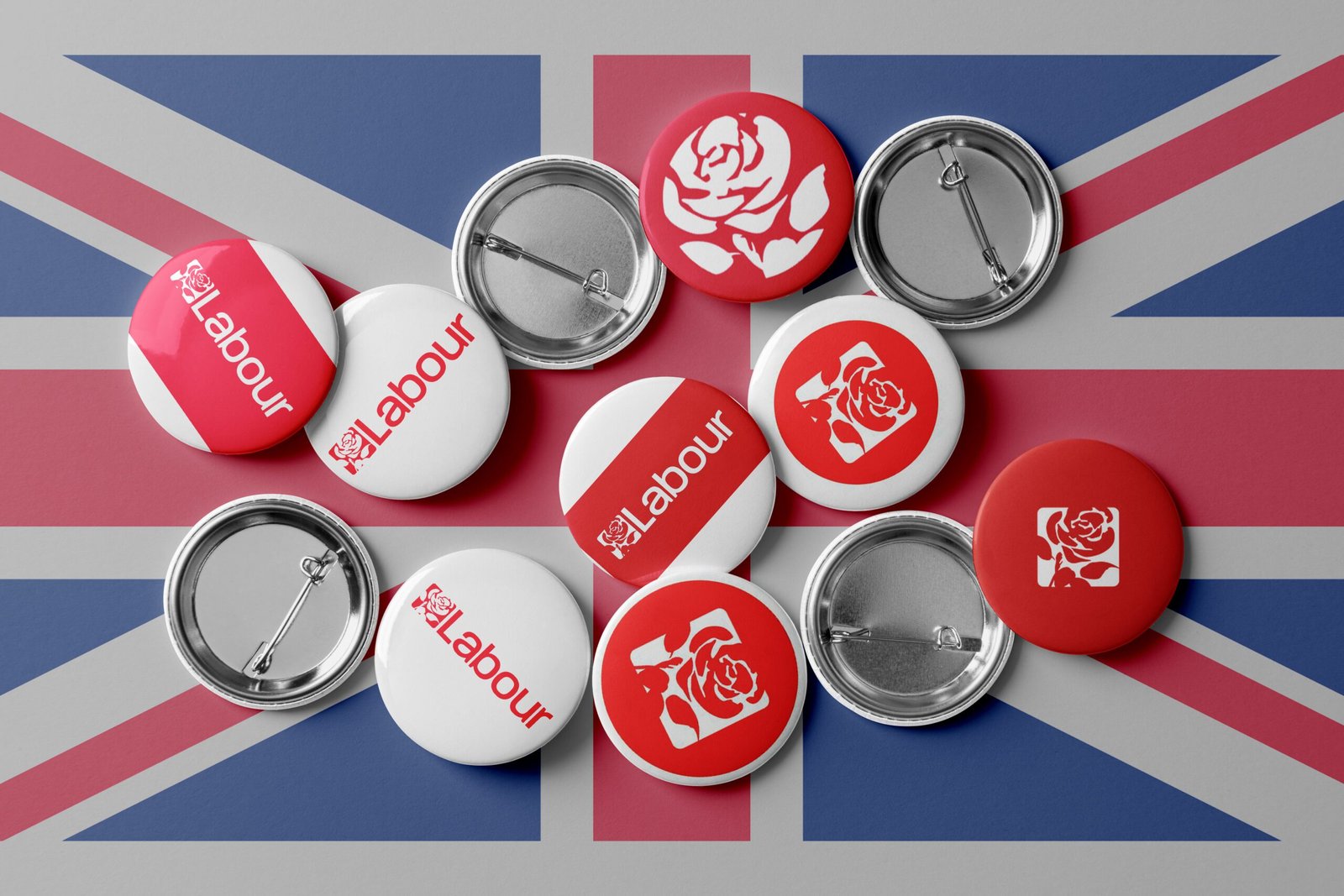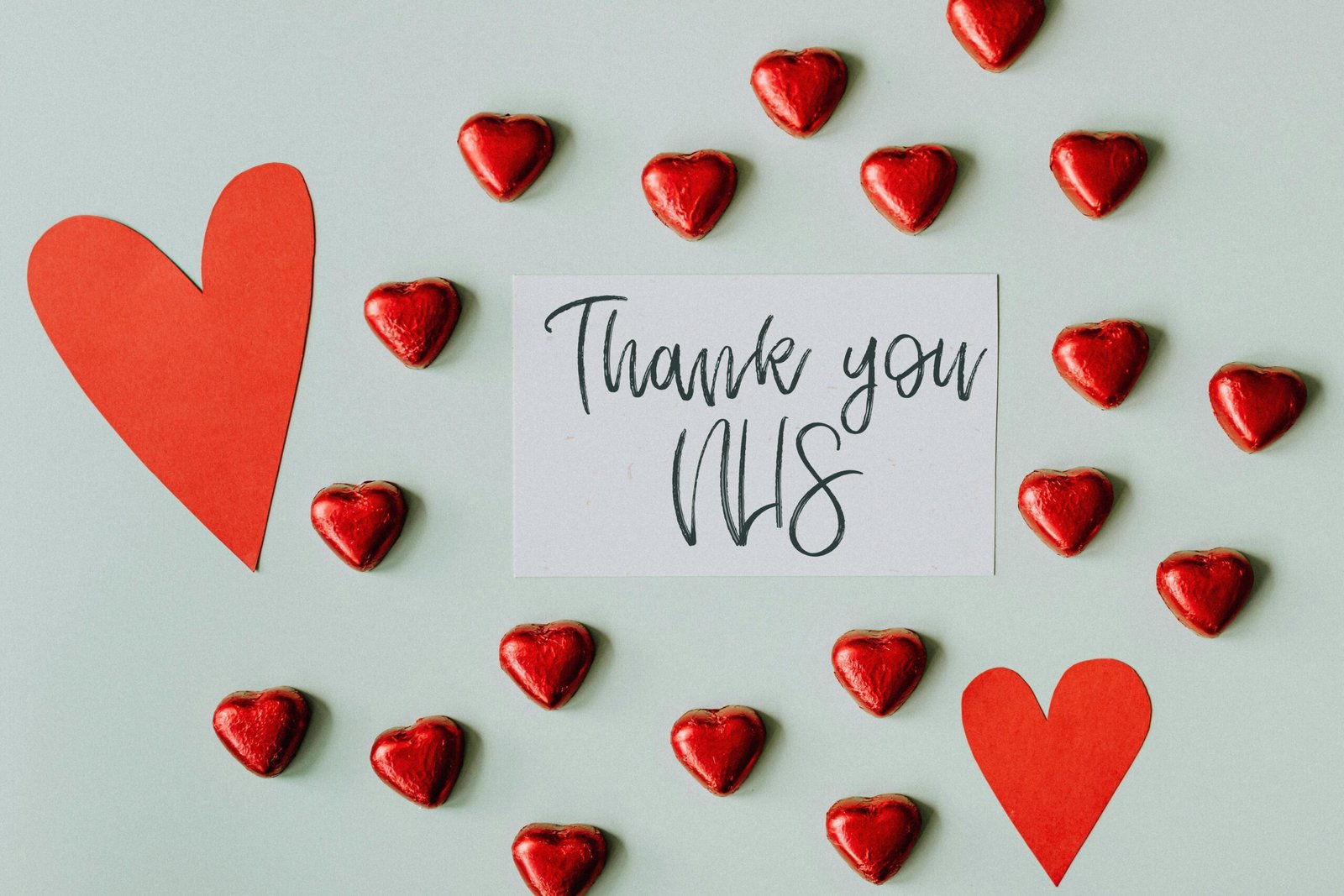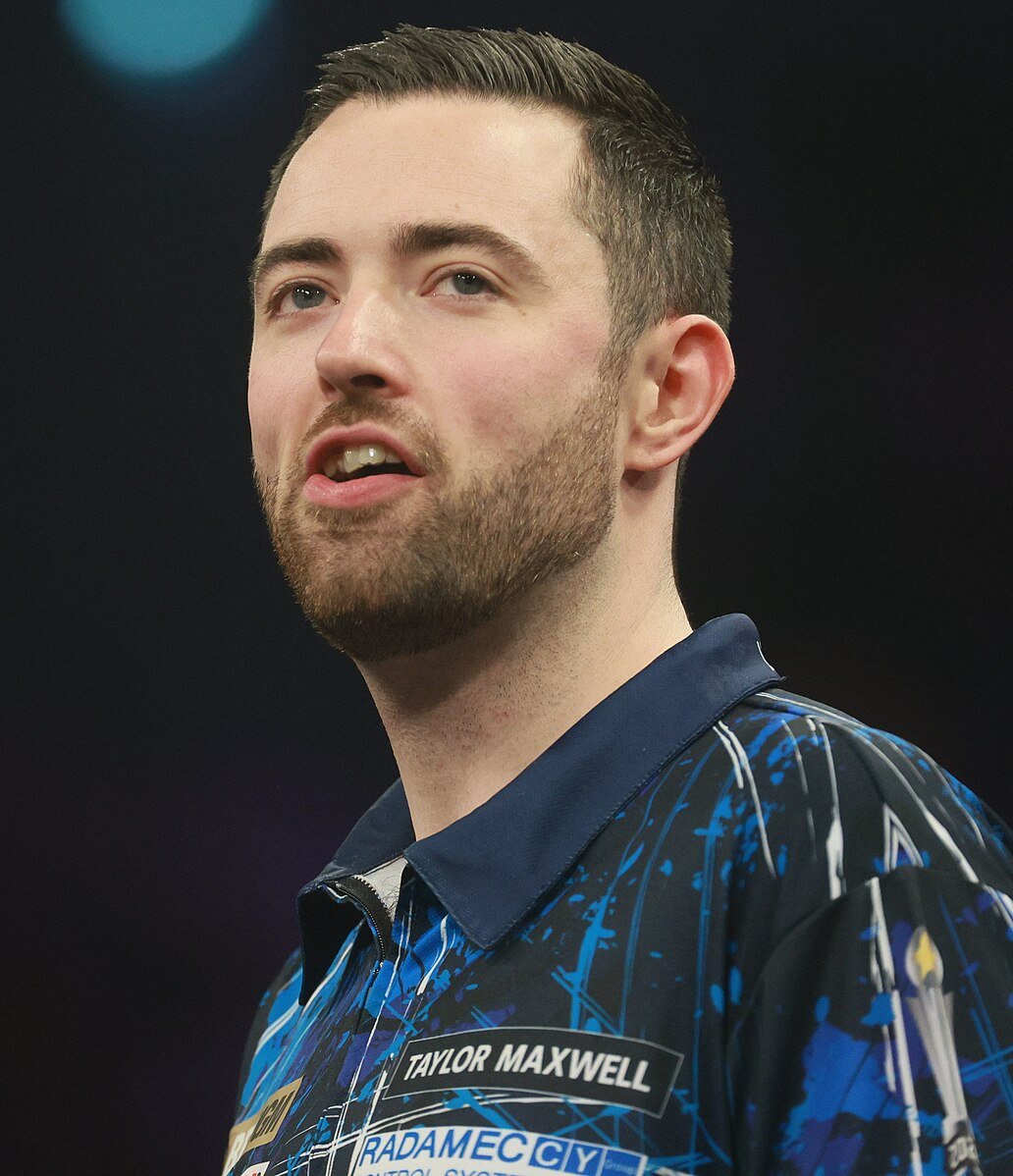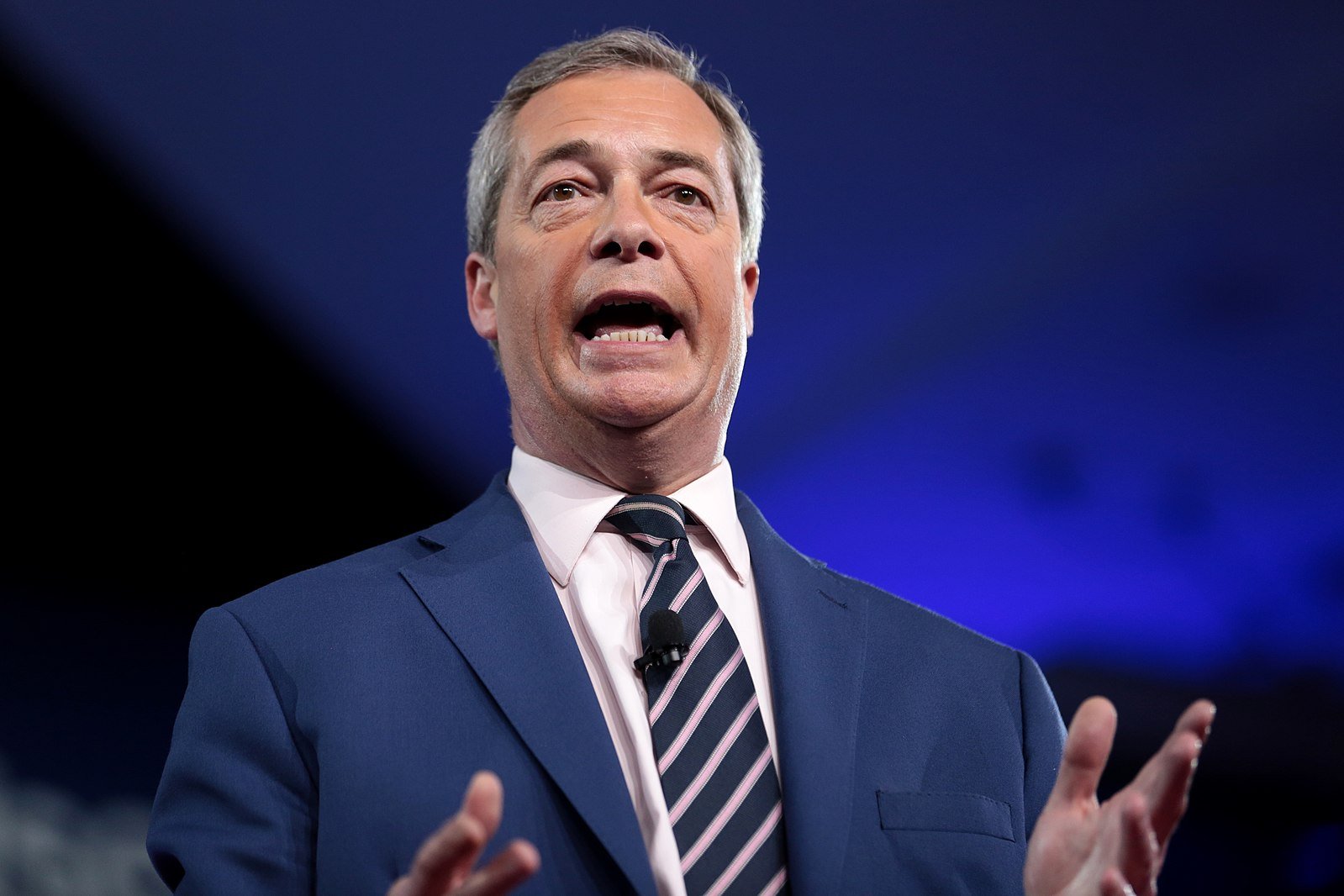
The realm of AI video generation is evolving at breakneck speed, with startups and tech giants alike racing to deliver ever more sophisticated tools. Runway, a pioneer in generative media, recently secured a staggering US $308 million in funding to bolster its platform and expand its ecosystem. Meanwhile, nimble challengers such as Pika Labs have rolled out feature-packed updates, enabling creators to produce crisp 10-second, 1080p clips complete with advanced camera movements and Pikaframes for character consistency. This surge of investment and innovation underscores how AI-powered video is moving from experimental novelty to indispensable creative infrastructure.
Runway’s £250 million War Chest
In early April, Runway announced a US $308 million Series C round led by General Atlantic, valuing the company at over US $1 billion and earmarking capital for R&D and global expansion. Just days later, the platform unveiled Gen-4 Turbo—its fastest and most efficient video model yet—open to all users, from free-plan hobbyists to enterprise teams. By marrying fresh funding with ongoing product enhancements, Runway is positioning itself as the go-to hub for filmmakers, advertisers and social media creators seeking seamless workflows and cutting-edge generative techniques.
Google’s AI Labs Accelerate
At Google I/O 2025, scheduled for 20–21 May, the search giant is set to unveil Imagen 4, Imagen 4 Ultra and its next-generation video engine, Veo 3, signalling a major push into long-form and high-definition generative content . Only weeks earlier, Google had shipped Veo 2 via its Vertex AI Video toolkit, introducing inpainting to remove unwanted objects, outpainting to extend scenes seamlessly, and cinematic presets for dynamic pans, timelapses and point-of-view shots. Insights from TechCrunch suggest that Google’s AI-first remit will extend across Android, YouTube and even its Gemini chatbot, knitting video generation into a broader multimodal strategy.
Pika Labs Powers Up
Pika Labs has doubled down on speed and quality, unveiling a suite of features in March and April 2025 that make professional-grade AI video more accessible than ever. Its Pikaframes system ensures characters and settings remain consistent across shots, while enhanced Pikaffects offer nuanced emotional cues driven by advanced computer-vision analysis . Complementary upgrades include refined camera controls—such as dolly, crane and follow-focus simulations—and support for high-res exports at 1080p, making Pika a compelling choice for marketers and educators generating short, engaging clips.
Synthesia Leads Enterprise Video
Synthesia remains a dominant force in corporate communications, boasting over 230 AI avatars and support for 140+ languages, from English and French to Hindi and Japanese. Trusted by more than 50 000 companies worldwide, the platform empowers teams to produce studio-quality training modules, personalised sales outreach and internal updates without cameras or actors. Synthesia’s intuitive slide-deck interface, coupled with fine-tuned voice cloning and lip-sync fidelity, ensures that even non-technical users can craft polished video content in minutes.
Meta Explores Movie-Scale Generation
Meta has quietly dipped its toes into cinematic AI with Movie Gen, a research initiative that can generate long-form, high-definition videos from simple text prompts—a first for the industry. This follows broader efforts at Facebook, Instagram and Threads to integrate AI-driven content creation directly into social feeds, enabling “AI characters” to produce and share posts autonomously. While Movie Gen remains in private preview, Meta’s emphasis on seamless creator-collaboration tools suggests a future where users co-direct AI-crafted narratives alongside friends and followers.
Navigating the Ethical Frontier
As AI video tools become ubiquitous, concerns over deepfakes, misinformation and intellectual-property misuse intensify. Google has introduced digital watermarks for AI-generated videos—akin to Adobe’s content credentials—to help platforms and viewers identify synthetic footage. Likewise, Meta plans to label all AI-created posts clearly, aiming to preserve trust on Instagram and Facebook while staving off misuse. Striking the right balance between innovation and responsibility will define the next chapter of generative video, ensuring creators can explore bold new forms without undermining authenticity.
https://deepmind.google/discover/blog/watermarking-ai-generated-text-and-video-with-synthid
